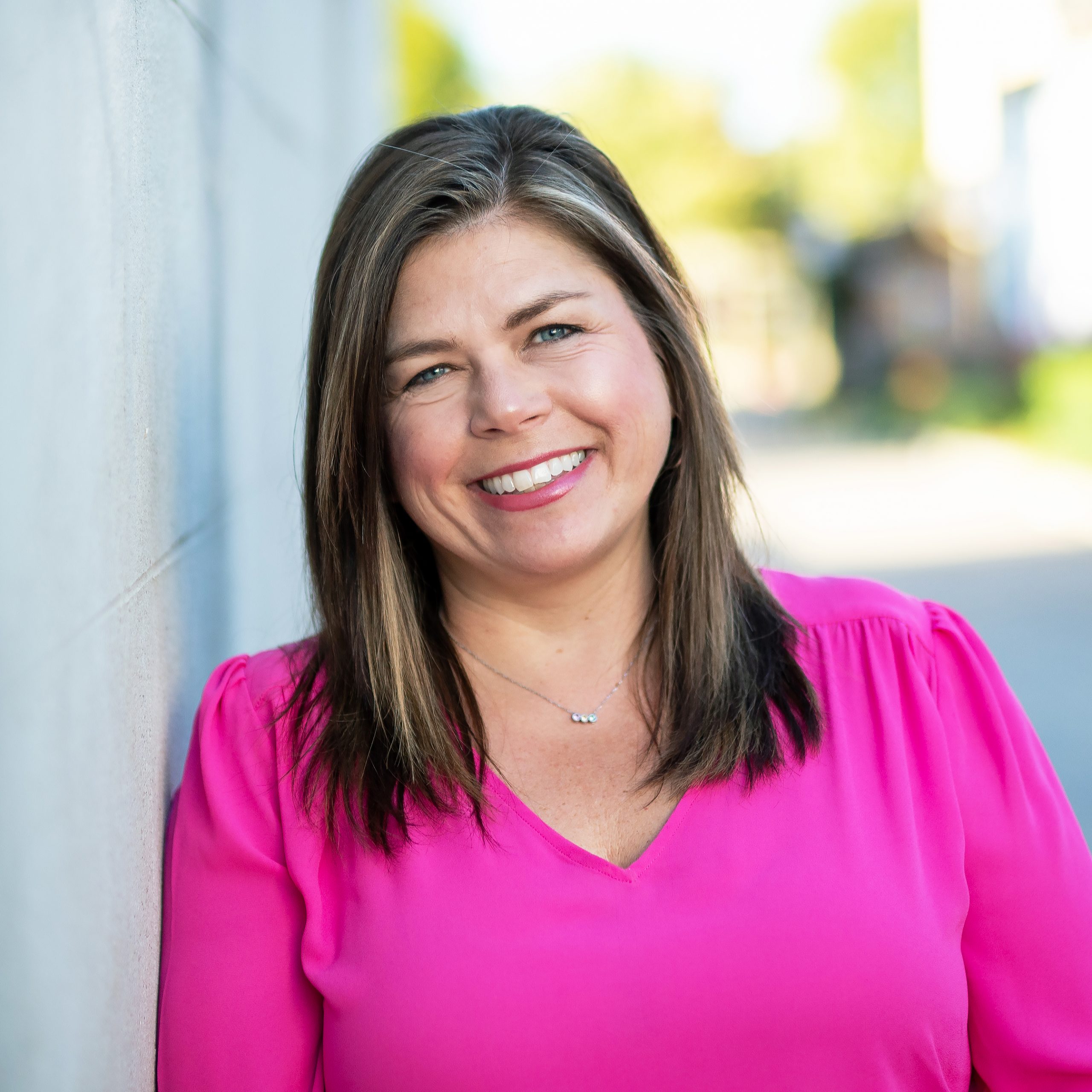Caregiving is such an essential part of our society, providing vital support to individuals with diverse needs, from the elderly to those with disabilities or chronic illnesses. That is why many caregiving agencies can benefit from continuous training, development, and access to valuable resources. Additionally, addressing caregiver retention rates and ensuring caregivers stay informed about the latest techniques are essential for maintaining a sustainable and compassionate caregiving environment.
To shed more light on this and explore the nuances of caregiver training, retention strategies, and ongoing professional development, we reached out to Elizabeth Miller, Founder of Happy Healthy Caregiver, LLC.
Let’s dive into her expertise to discover key strategies and perspectives on enhancing caregiving practices and caregiver satisfaction.
My experience and expertise lie in family caregiving versus professional caregiving. My family has used professional care services extensively over the years. To me, the best professional caregivers are trained in the physical components of care and the emotional complexities surrounding care. I have also found that the care workers we have had the most fabulous rapport with have intentionally partnered with the family to understand the care recipient’s strengths, weaknesses, interests, and preferences. For example, my mom was an author and a former Registered Nurse. She liked working with care professionals who explained what they were doing and asked about what she was reading.
Care needs to be valued more, whether formal or informal. Without consistent and comprehensive patient-centered care, systems crumble. For this to happen, we need higher compensation for paid care professionals. This will attract and retain quality workers who feel appreciated. We called these care workers essential during the pandemic, but their pay does not reflect how essential they are.
Informal family caregivers are filling the gaps in our healthcare system. Some family caregivers have to reduce their work hours or leave their jobs entirely for care because long-term care options are not affordable. This is not a sustainable system. These working caregivers lose the income they need for their families and health and retirement benefits.
The number of individuals requiring care will only increase with advanced medicine, new technology, and an increased life expectancy. For our family to care for our parents and our brother, we have missed work, turned down promotions, and experienced a decline in our health. We need a care economy that doesn’t put strain on families and compensates them for the care they are providing.
– Elizabeth Miller
Many care recipients have complex conditions. For example, my mother had multiple co-morbidities such as COPD, Diabetes, and Heart Disease. She also had depression, sleep apnea, and mobility issues. The days of a care worker treating one diagnosis or symptom in isolation are gone. As a family caregiver for over ten years, I’m still learning new things. I care for my brother, who was born with an intellectual and developmental disability. The system works differently for him because he receives different benefits for his disability. He also can’t advocate for himself like a neurotypical person can.
As a certified caregiver coach and senior advisor, I must keep my skills current by recertifying and gaining CEUs for events I attend and courses I take. Professional caregivers, at minimum, would need to do the same.
Whether informal or formal, our care landscapes are changing. To keep up with this while juggling my full-time career, I belong to several caregiver support groups and professional networks in the care economy. I facilitate a monthly support group through the Daughterhood.org non-profit. They offer several topic and connection circles for caregivers each month.
I also subscribe to podcasts and newsletters whose content I trust. Every week, in my Happy Healthy Caregiver newsletter, I curate content that will benefit family caregivers and help prioritize their health and happiness. The Happy Healthy Caregiver podcast has over 175 episodes, and I spotlight family caregivers who are the real experts in family caregiving. Each episode highlights their story and leaves the listeners with practical caregiving and self-care tips.
Comprehensive training beyond primary physical care is essential to address the emotional complexities of caregiving. Agencies must prioritize training programs that equip caregivers with communication skills, empathy, and an understanding of individual preferences and interests. Moreover, you can benefit from encouraging continuous upskilling and knowledge acquisition among caregivers. Overall, this Expert Q&A was refreshing. We trust you’ll discover it as enlightening as we did.

Elizabeth Miller is a family caregiver advocate, speaker, author, Certified Caregiving Consultant, and Certified Senior Advisor. Elizabeth’s experiences caring for aging parents with chronic and terminal illnesses and for a sibling with developmental disabilities inspired her to create Happy Healthy Caregiver, LLC, in 2015. Through her coaching services, speaking, award-winning podcasts, books, and online community, Elizabeth helps family caregivers infuse caregiving and self-care with their busy lives. She hosts the Happy Healthy Caregiver podcast on the Whole Care Network, author of Just for You: A Daily Self-Care Journal, and facilitates support groups for family caregivers. Elizabeth is also an ally and program guide for Brutally Beautiful, an organization that offers nature-based wellness retreats for family caregivers.